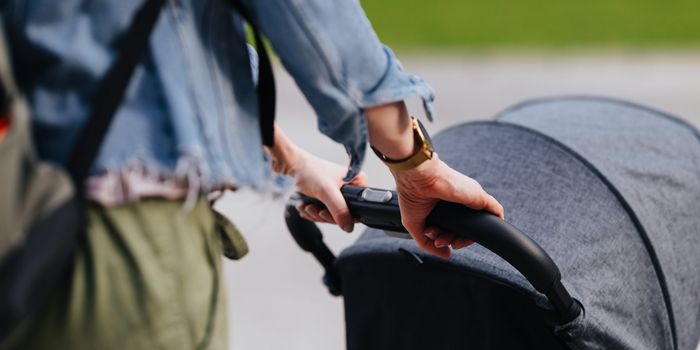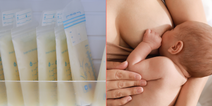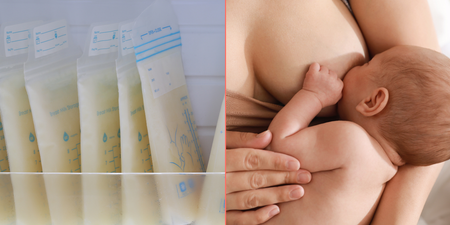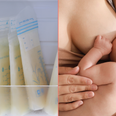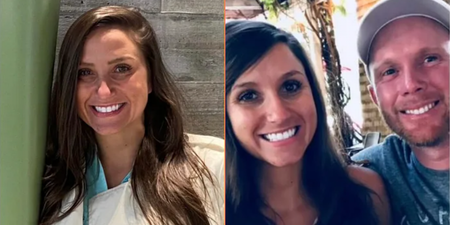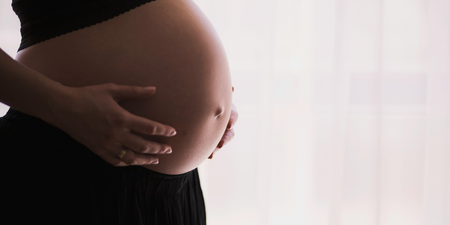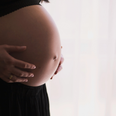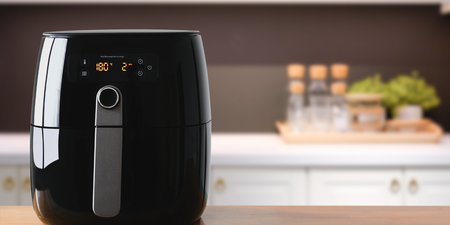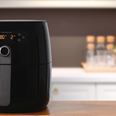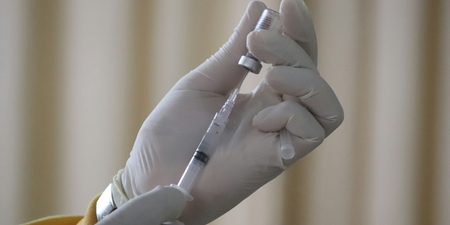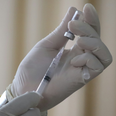Despite concerns raised by family members around the mother’s drinking, no risk assessment was carried out by authorities
A baby died after their mother drank “two or three” bottles of wine and fell asleep in a chair beside them.
The six-month-old, referred to as Baby A, was tragically found by the father after coming home from work.
A report carried out by Derby and Derbyshire Children’s Safeguarding Board concluded the infant suffered “preventable harm”.
The same report said that the infant’s mother had a history of “chaotic alcohol abuse”.
It linked the mother’s substance abuse to periods of stress, especially surrounding the time of fertility treatment for her first pregnancy.
She has previously been treated for depression and anxiety but this stopped during her pregnancy.
Whilst she was pregnant with Baby A, the mother told a midwife she didn’t drink alcohol.
But she later revealed that she smoke and drank during the pregnancy, and following Baby A’s birth she was put back on medication for anxiety and low mood.
She then told professionals during check-ups that she was struggling to care for her infant along with her toddler.
She was even reported missing with her children at one point by her sister – who feared alcohol was involved.
Her husband also previously reported to the police that she had driven the car intoxicated with her children present.
The report, as outlined in Derbyshire Live, detailed: “The outcome was an acceptance of mother’s script that her alcohol usage was under control.”
Despite the warning signs of alcohol dependence and possible danger to her children, there was no risk assessment carried out.
Baby A’s father came home from work and saw his child between the mother and the arm of the chair, and recalled the baby looked “lifeless”.
Despite resuscitation attempts, Baby A tragically passed away two days later.
Afterwards, the mother admitted she had consumed two or three bottles of wine and fallen asleep holding her baby.
The report stated that Baby A’s father and maternal family “subsequently presented a picture of persistent, heavy drinking for many years, which was very different from that presented by Baby A’s mother herself”.
The report stated professionals should not have believed what the mother told them about her drinking habits and should have investigated further.
“Had the information that emerged after Baby A’s death been fully shared beforehand it could well have shaken the confidence of professionals that this baby was safe and led to more assertive safeguarding action,” it added.
“There was discussion about the need for professionals to be not only professionally curious but also professionally sceptical when dealing with a carer who had alcohol problems and to develop the confidence and skills to be able to engage not only with all immediate carers but with the wider family, or to recognise that blocking this engagement could be a reason to consider escalation.”
